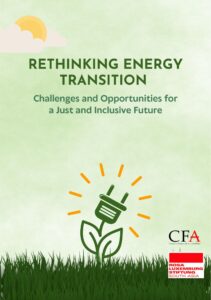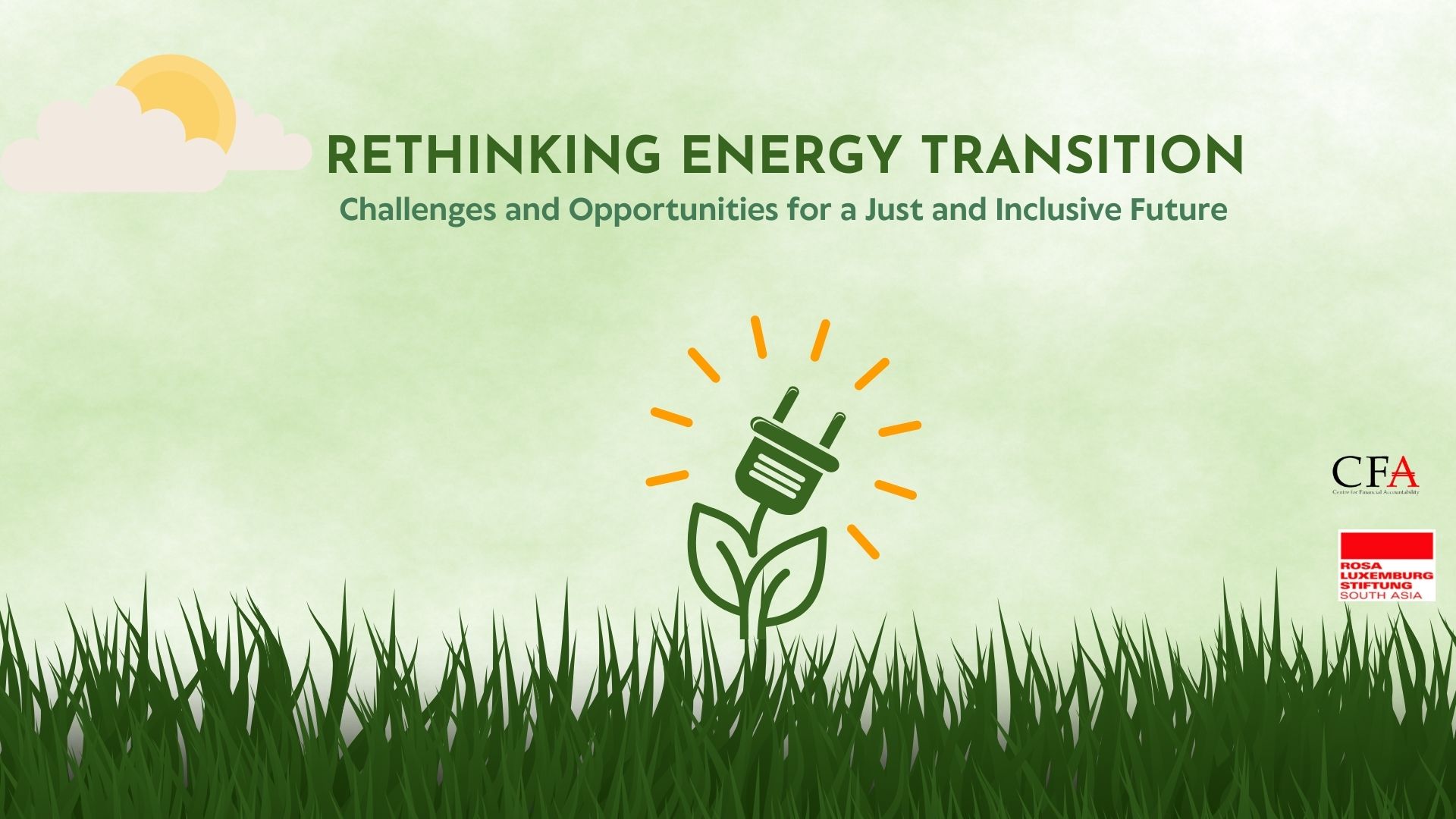Challenges and Opportunities for a Just and Inclusive Future
 Fossil fuels—coal, oil, and gas—are the largest contributor to global climate change, responsible for more than 75% of worldwide greenhouse gas emissions, and nearly 90% of all carbon dioxide emissions. Climate change is jeopardizing the well-being of our planet and its inhabitants by causing toxic air pollution, reducing food security, increasing the likelihood of infectious disease outbreaks, extreme heat, droughts, floods, and moree
Fossil fuels—coal, oil, and gas—are the largest contributor to global climate change, responsible for more than 75% of worldwide greenhouse gas emissions, and nearly 90% of all carbon dioxide emissions. Climate change is jeopardizing the well-being of our planet and its inhabitants by causing toxic air pollution, reducing food security, increasing the likelihood of infectious disease outbreaks, extreme heat, droughts, floods, and moree
Countries across the world have acknowledged the unsustainability of our current dependence on fossil fuels for energy and the need for energy transition. From electricity generation to transportation and industrial processes, alternative solutions have been actively sought. Electric vehicles are steadily replacing traditional internal combustion engines in the transportation sector. There are concerted efforts to decarbonize both the industrial sector and the power grid, addressing these as the other major concerns in the ongoing transition.
Read and Download the paper here: Rethinking Energy Transition: Challenges and Opportunities for a Just and Inclusive Future
Read this in Hindi here.

